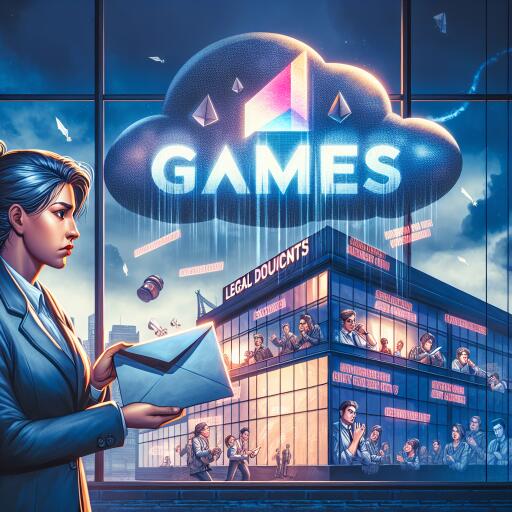Ubisoft Facing Lawsuit Over Shutting Down Always-Online Game
As of April 2024, Ubisoft faced a major backlash after deciding to decommission the servers of its 2014 game, The Crew. Originally released for the PlayStation 4 and Xbox One, The Crew was an open-world racing experience that required a constant internet connection, combining both single-player campaign and multiplayer modes. While the game enjoyed a degree of success and inspired sequels like The Crew 2 and The Crew: Motorfest, its sudden removal from digital stores in December 2023, followed by the server shutdown, left players with no means to continue playing, even with a physical copy.
This unexpected development has led two Californians to take legal action against Ubisoft. On November 4, they filed a lawsuit in federal court, accusing the company of misleading consumers into believing they were purchasing a game outright, when in reality, they were essentially buying a “limited license” with conditions. They argue that Ubisoft exacerbated the situation by not allowing offline access to the single-player mode of The Crew after the servers were down.
The plaintiffs are striving to obtain class action status for their lawsuit, which could potentially allow other players affected by the server shutdown to join the legal battle. They are seeking both financial compensation and damages on behalf of those impacted by the inability to access The Crew, which stems from Ubisoft’s decision to terminate its online features.
The lawsuit draws an analogy to illustrate consumer frustration, describing the experience as akin to purchasing a pinball machine, only to have the manufacturer later strip it of parts, rendering it unusable. This metaphor speaks to the heart of the issue—the removal of access to a game that players believed they owned outright.
The cessation of The Crew‘s servers has sparked outrage and contributed to a broader movement advocating against the industry’s trend of decommissioning online games post-purchase. Advocates are calling for policy changes, particularly in the European Union, to address the future of digital ownership rights.
In the United States, legislative measures in California aim to bring transparency to digital transactions by requiring companies to clearly state that what customers are buying is, in fact, a license. This transparency is intended to inform consumers of potential future access restrictions.
Interestingly, Ubisoft announced in September plans to ensure that both The Crew 2 and Motorfest will include offline modes, allowing continued play even in the event that their servers are eventually deactivated. However, this promise does little to rectify the situation of the original The Crew, which remains unplayable for its dedicated fans.
The lawsuit asserts that Ubisoft’s actions violate California consumer protection laws, a key contention that could set a precedent for how digital goods are handled. The unfolding situation with The Crew highlights an ongoing debate about digital content ownership and consumer rights in the modern gaming landscape.










